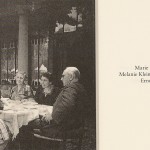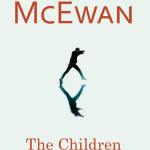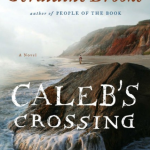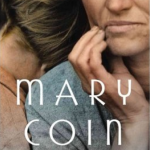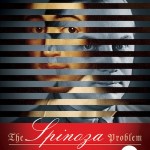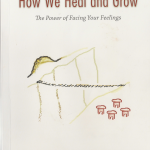May 27th, 2014 — 5:13pm
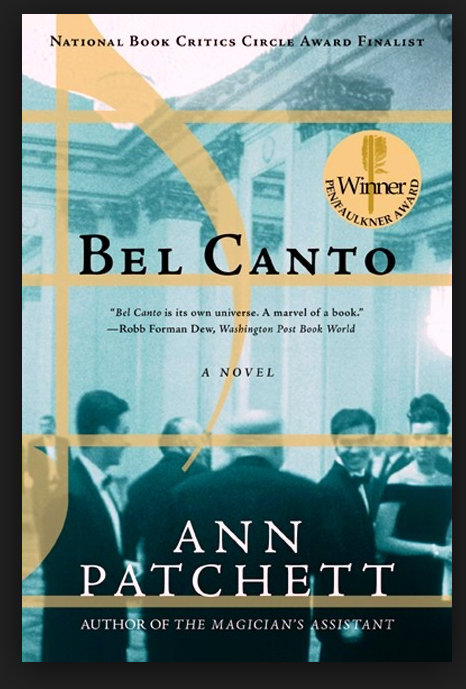 Bel Canto by Ann Pachett– Are there circumstances where a person could fall in love with someone new although he was perfectly well connected and content previously? Could an entire group of people come to love beautifully sung opera although they hadn’t been previously been exposed to it before or if they had, they hadn’t been moved by it? Could a group of people dedicated to a political cause give up their dedication and wish to lead another completely different life style in a relatively short period time? These are some of the questions that gradually emerge as we follow the lives of a group of terrorists and their hostages over several weeks. The setting is a third world country where a birthday party was being held for a prominent Japanese industrialist by the government officials who hoped that he and other well heeled guests might be favorably inclined to bring business to this country. Since the guest of honor loves opera, a very famous female opera star is imported to perform in his honor at the party. The guests also include diplomats from other countries so several languages are spoken at this affair.
Bel Canto by Ann Pachett– Are there circumstances where a person could fall in love with someone new although he was perfectly well connected and content previously? Could an entire group of people come to love beautifully sung opera although they hadn’t been previously been exposed to it before or if they had, they hadn’t been moved by it? Could a group of people dedicated to a political cause give up their dedication and wish to lead another completely different life style in a relatively short period time? These are some of the questions that gradually emerge as we follow the lives of a group of terrorists and their hostages over several weeks. The setting is a third world country where a birthday party was being held for a prominent Japanese industrialist by the government officials who hoped that he and other well heeled guests might be favorably inclined to bring business to this country. Since the guest of honor loves opera, a very famous female opera star is imported to perform in his honor at the party. The guests also include diplomats from other countries so several languages are spoken at this affair.
Suddenly through the airshafts emerge a group of young terrorists, with their guns led by three generals who hope to capture and take away the President of the country and hold him hostage with the hope of freeing prisoners whom they feel are unjustly in jail. Unfortunately for them only the host Vice President was among the guests and the terrorists were not quick enough to escape. The situation becomes a standoff with the hostages and their captors living together in the large vice presidential mansion behind a large wall with a Red Cross mediator bringing them food and ferrying back and forth the fruitless demands of both sides. The women and ill ones among the hostages with the exception of the opera star were released. Among the captors there were two young women who initially were originally thought by the hostages to be men. Everyone falls into a routine, which includes opera singing every morning. Most of the translations are done by one man, who was the assistant to the Japanese industrialist. The book may be based on an event that happened at the home of the Japanese ambassador to Peru in 1996 but the issues here are clearly the imagination and the story that Ms. Patchett has chosen to tell. What emerges is a study of human relationships and the power of the human voice when it is expressing emotion through singing opera and how these two important parts of life can be connected. The novel has some twists and turns and is a beautiful well written story.
Comment » | FG - Fiction General
May 16th, 2014 — 11:19pm
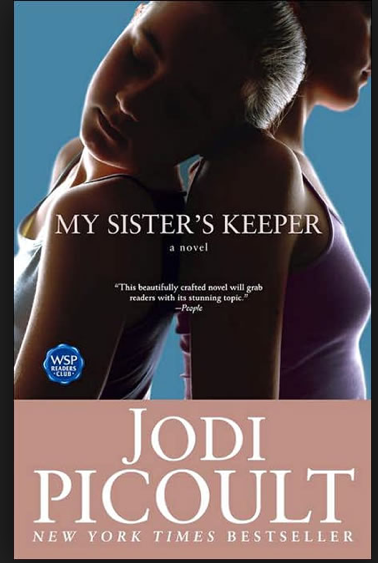
My Sister’s Keeper by Jodi Picoult – This was the second Jodi Picolt novel which I had the pleasure of reading. The first was The Storyteller, which was about the granddaughter of a holocaust survivor who finds herself friends with a former Nazi Concentration Camp guard who killed many prisoners in the same camp where her grandmother was imprisoned. The elderly ill Nazi asks the grown granddaughter to hasten his death. Picoult obviously has the ability to extract the ethical issues which can go to the heart and soul of our humanity. In My Sister’s Keeper a child develops a potentially fatal disease, which is unresponsive to various treatments. Blood transfusions, bone marrow transplant and ultimately a kidney transplant would be necessary to keep her alive. Things look bad for survival, as treatment options appear to be running out. The parents and brother don’t have the right “match” to be useful and a search for the right donor seems futile. However, it is possible for anther sibling, not yet conceived, to be the right match especially if there are genetic manipulation performed which would choose the right embryo – a type of carefully selected artificial insemination using the biological parents. It works out great and the parents see the stem cells from the umbilical cord of the newly born child, which would normally be thrown away being transferred to their ill daughter. On subsequent occasions when there is a relapse, there can be blood transfusions from the younger sister. Even a bone marrow transplant would be life saving.
The majority of the book takes place after Anna the younger sister now 13, has decided to visit an attorney, Campbell Chance and request that she be allowed to make her own decisions on what part of her body is given to her sister. In other words, she wants to be medically emancipated. The author gets into the head of each character as each chapter is written in the voice of one the important players in this real life drama. Katie is the older sister who has been sick most of her life and yet feels close to younger sister who is now resisting giving her what she needs to live. Jesse is the brother who in response to the emotional turmoil in the family becomes a juvenile delighquent and somewhat of a pyromaniac. Brian is the father who happens to be a brave fireman and a caring, loving father to all three of his children. Sara is the mother who clearly would do anything to save her daughter. She happens to be an attorney and it seemed natural to her that when there was going to be a trial to determine if the younger daughter is to be free to make her own decision, she will defend the parent’s point of view that they can make the decisions for Anna. Campbell is the attorney who Anna has chosen to represent her. It turns out that his personal story informs us of another aspect of the dilemma as do the the feelings and experience of Julie, the woman who is chosen by the court to be the guardian ad litem for Anna By providing us with riveting insight into each of these people, the reader is swept up as if we are living through this painful scenario.
Life of course is filled with potential heartaches, which we all must experience, but to varying degrees and at different times Even though we know about the disappointments of life, illness and death that may be around the corner, rarely are there things that we have never heard about. The situation of expecting one child to dedicate and perhaps risk her life to possibly save the life and maintain the well being of a sibling is quite unique. While not exactly the same, it reminds me of Sophie’s Choice. Should the author give us a happy ending or any ending in fact, is an interesting question. Ms. Picoult certainly did not shy away by leaving the ending to our imagination, which a lesser author may have done. We are challenged to think through the horns of this ethical dilemma. We make choices in our mind but we are able to see the where they are going in this story and perhaps in the future with modern technology.
Comment » | FG - Fiction General, FL - Fiction Legal, M - Medical
 Bel Canto by Ann Pachett– Are there circumstances where a person could fall in love with someone new although he was perfectly well connected and content previously? Could an entire group of people come to love beautifully sung opera although they hadn’t been previously been exposed to it before or if they had, they hadn’t been moved by it? Could a group of people dedicated to a political cause give up their dedication and wish to lead another completely different life style in a relatively short period time? These are some of the questions that gradually emerge as we follow the lives of a group of terrorists and their hostages over several weeks. The setting is a third world country where a birthday party was being held for a prominent Japanese industrialist by the government officials who hoped that he and other well heeled guests might be favorably inclined to bring business to this country. Since the guest of honor loves opera, a very famous female opera star is imported to perform in his honor at the party. The guests also include diplomats from other countries so several languages are spoken at this affair.
Bel Canto by Ann Pachett– Are there circumstances where a person could fall in love with someone new although he was perfectly well connected and content previously? Could an entire group of people come to love beautifully sung opera although they hadn’t been previously been exposed to it before or if they had, they hadn’t been moved by it? Could a group of people dedicated to a political cause give up their dedication and wish to lead another completely different life style in a relatively short period time? These are some of the questions that gradually emerge as we follow the lives of a group of terrorists and their hostages over several weeks. The setting is a third world country where a birthday party was being held for a prominent Japanese industrialist by the government officials who hoped that he and other well heeled guests might be favorably inclined to bring business to this country. Since the guest of honor loves opera, a very famous female opera star is imported to perform in his honor at the party. The guests also include diplomats from other countries so several languages are spoken at this affair.
